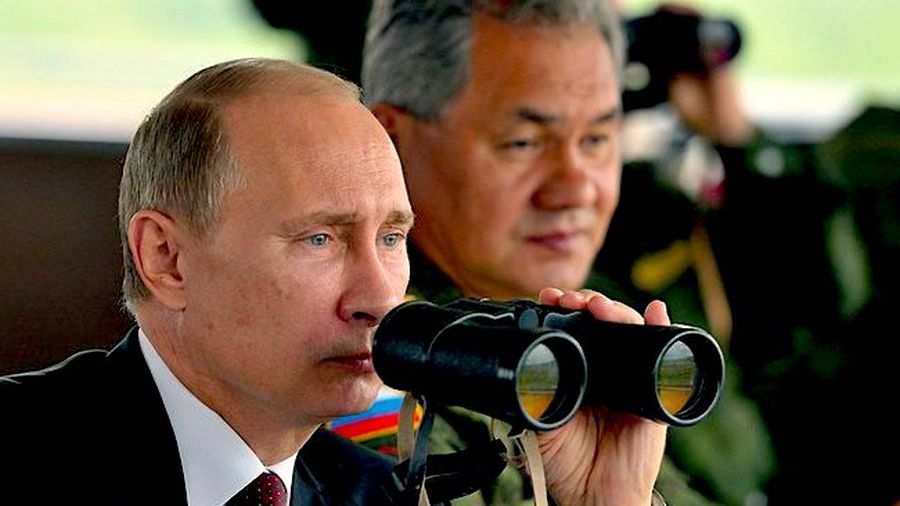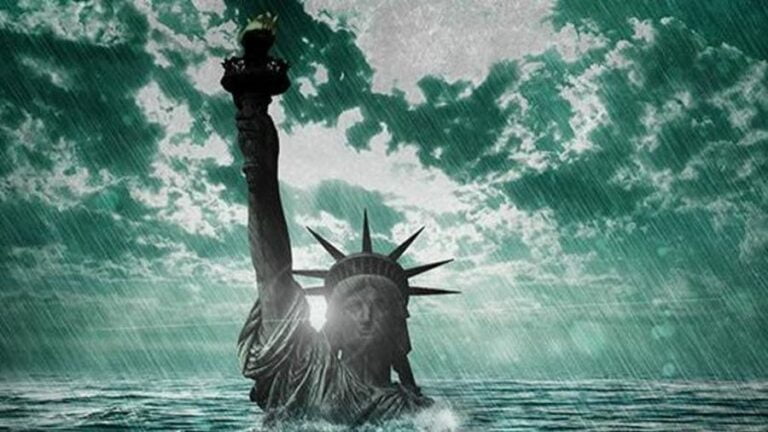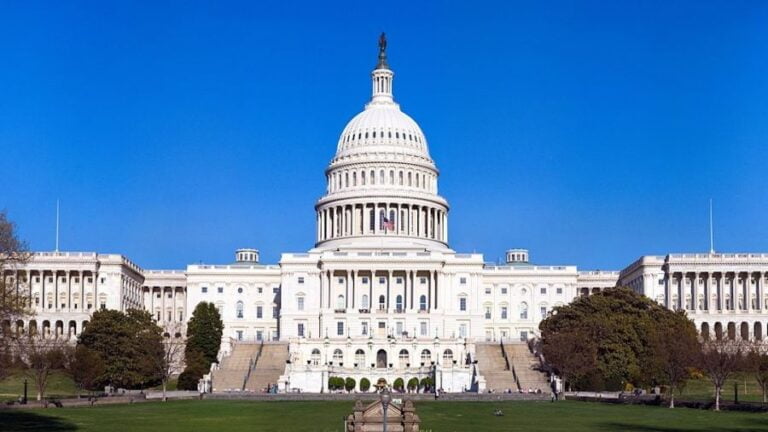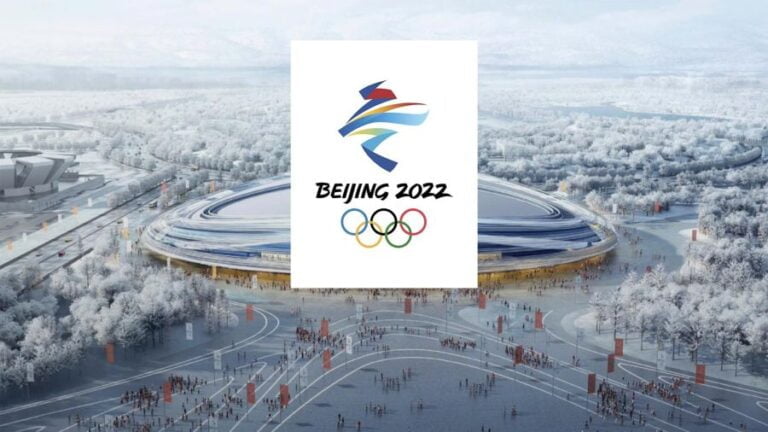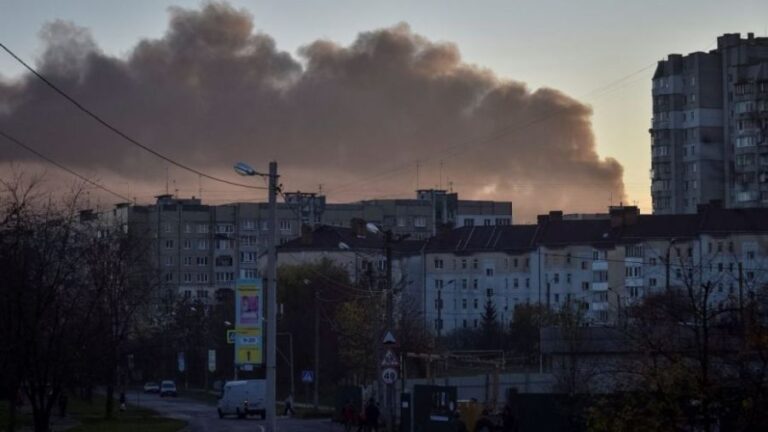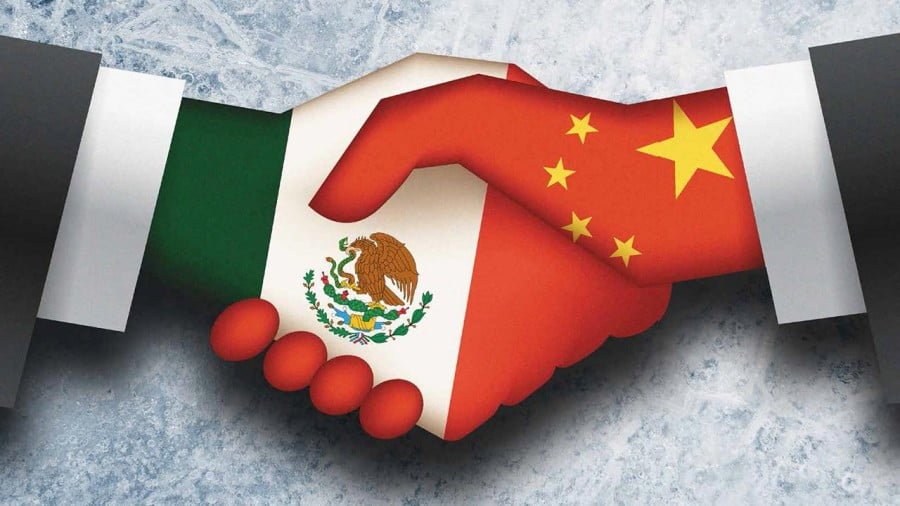Putin: Crazy Like a Fox
As the Russian invasion of Ukraine goes on, the world wonders what the reason was behind such a precipitous act. The pro-Ukraine crowd has put forth a narrative constructed around the self-supporting themes of irrationality on the part of a Russian president, Vladimir Putin, and his post-Cold War fantasies of resurrecting the former Soviet Union.
This narrative ignores that, far from acting on a whim, the Russian president is working from a playbook that he initiated as far back as 2007, when he addressed the Munich Security Conference and warned the assembled leadership of Europe of the need for a new security framework to replace existing unitary system currently in place, built as it was around a trans-Atlantic alliance (NATO) led by the United States.
Moreover, far from seeking the reconstitution of the former Soviet Union, Putin is simply pursuing a post-Cold War system which protects the interests and security of the Russian people, including those who, through no fault of their own, found themselves residing outside the borders of Russia following the collapse of the Soviet Union.
In this age of politicized narrative shaping, which conforms to the demands of domestic political imperatives as opposed to geopolitical reality, fact-based logic is not in vogue. For decades now, the Russian leadership has been confronting a difficult phenomenon where Western democracies, struggling to deal with serious fractures derived from their own internal weakness, produce political leadership lacking in continuity of focus and purpose in foreign and national security relations.
Consistent Leadership
Whereas Russia has had the luxury of having consistent leadership for the past two decades, and can look to another decade or more of the same, Western leadership is transient in nature. One need only reflect on the fact that Putin has, in his time in office, dealt with five U.S. presidents who, because of the alternating nature of the political parties occupying the White House, have produced policies of an inconsistent and contradictory nature.
The White House is held hostage to the political constraints imposed by the reality of domestic partisan politics. “It’s the economy, stupid” resonates far more than any fact-based discussion about the relevance of post-Cold War NATO. What passes for a national discussion on the important issues of foreign and national security are, more often than not, reduced to pithy phrases. The complexities of a balanced dialogue are replaced by a good-versus-evil simplicity more readily digested by an electorate where potholes and tax rates matter more than geopolitics.
Rather than try to explain to the American people the historical roots of Putin’s concerns with an expanding NATO membership, or the impracticalities associated with any theoretical reconstitution of the former Soviet Union, the U.S. political elite instead define Putin as an autocratic dictator (he is not) possessing grandiose dreams of a Russian-led global empire (no such dreams exist).
It is impossible to reason with a political counterpart whose policy formulations need to conform with ignorance-based narratives. Russia, confronted with the reality that neither the U.S. nor NATO were willing to engage in a responsible discussion about the need for a European security framework which transcended the inherent instability of an expansive NATO seeking to encroach directly on Russia’s borders, took measures to change the framework in which such discussions would take place.
Russia had been seeking to create a neutral buffer between it and NATO through agreements which would preclude NATO membership for Ukraine and distance NATO combat power from its borders by insisting the alliance’s military-technical capabilities be withdrawn behind NATO’s boundaries as they existed in 1997. The U.S. and NATO rejected the very premise of such a dialogue.
The Russian invasion of Ukraine must be evaluated within this context. By invading Ukraine, Russia is creating a new geopolitical reality which revolves around the creation of a buffer of allied Slavic states (Belarus and Ukraine) that abuts NATO in a manner like the Cold War-era frontier represented by the border separating East and West Germany.
Russia has, by redeploying the 1st Guards Tank Army onto the territory of Belarus, militarized this buffer, creating the conditions for the kind of standoff that existed during the Cold War. The U.S. and NATO will have to adjust to this new reality, spending billions to resurrect a military capability that has atrophied since the collapse of the Soviet Union.
Here’s the punchline — the likelihood that Europe balks at a resumption of the Cold War is high. And when it does, Russia will be able to exchange the withdrawal of its forces from Belarus and Ukraine in return for its demands regarding NATO’s return to the 1997 boundaries.
Vladimir Putin may, in fact, be crazy — crazy like a fox.

